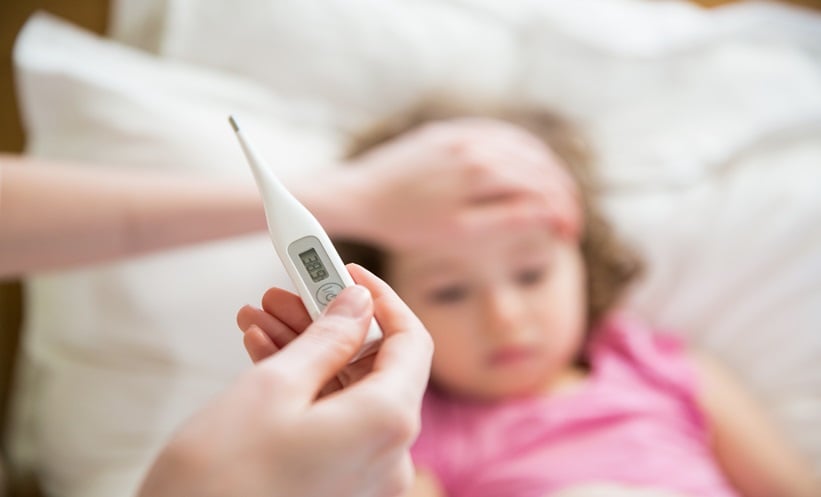RESEARCHERS based in the USA have discovered that data from continuous glucose monitors (CGMs) can predict complications caused by Type 1 diabetes, including nerve damage, kidney disease, and vision loss. This breakthrough could enable doctors to use CGM data to prevent life-altering outcomes such as blindness and neuropathy in patients with diabetes.
The study found that the time patients spent in a safe blood-sugar range (70-180 mg/dL) over a 14-day period was as accurate in predicting complications as the established method using haemoglobin A1c levels. Haemoglobin A1c, the current gold standard for evaluating diabetes-related risks, was validated by the landmark Diabetes Control and Complications Trial (DCCT) in 1993.
However, the authors noted that CGM data is not yet recognised as a standard metric in clinical and regulatory settings, such as in diabetes drug trials. “There is no study of the magnitude of the DCCT to affirm CGM-based metrics as standard for evaluating diabetes control,” they explained.
To address the lack of long-term CGM data, researchers utilised advanced machine learning techniques to analyse the DCCT’s extensive archives. These archives, maintained by the National Institute of Diabetes and Digestive and Kidney Diseases, include haemoglobin A1c readings and periodic blood-sugar profiles from over 1,400 participants.
By simulating CGM data for participants over the duration of the DCCT, researchers demonstrated that 14 days of CGM data could predict complications as effectively as traditional haemoglobin A1c readings. Key indicators included time spent in tight blood-sugar ranges (70-140 mg/dL) and time spent above thresholds like 180 mg/dL and 250 mg/dL.
With CGM use becoming increasingly common, the findings have the potential to revolutionise diabetes management and research. The team concluded: “Virtualising a clinical trial to fill in gaps in old data using advanced data science is the next best thing we can do today.”
This innovative approach paves the way for better prevention strategies and improved patient outcomes.
Reference
Kovatchev BP et al. The virtual DCCT: adding continuous glucose monitoring to a landmark clinical trial for prediction of microvascular complications. Diabetes Technol Ther. 2025;DOI:10.1089/dia.2024.0404.








